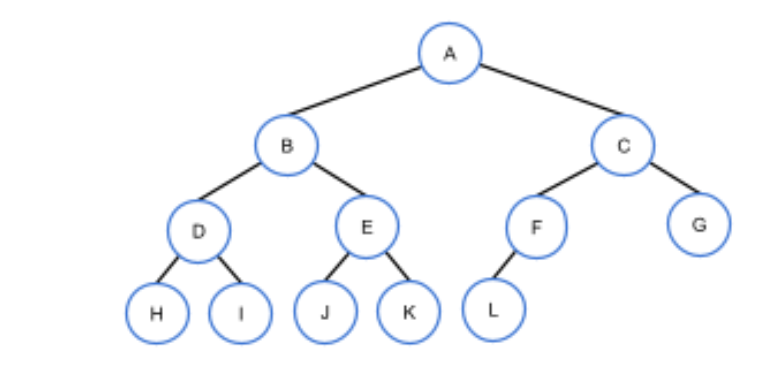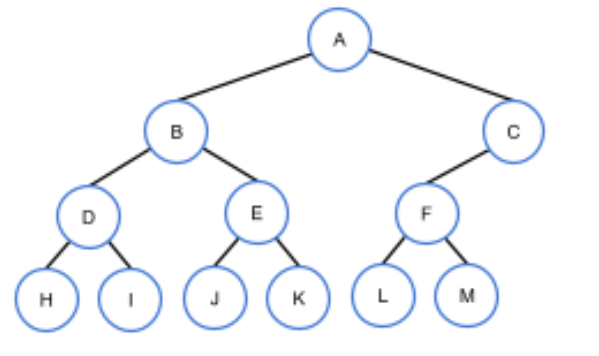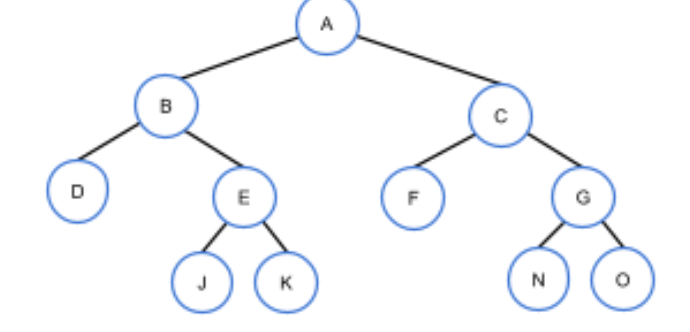C949
1/104
There's no tags or description
Looks like no tags are added yet.
Name | Mastery | Learn | Test | Matching | Spaced |
|---|
No study sessions yet.
105 Terms
record
data structure that stores subitems, often with a name associated with each subitem
array
DS that stores an ordered list of items, where each item is directly accessible by a positional index
linked list
DS that stores an ordered list of items in nodes, where each node stores data and has a pointer to the next node
binary tree
DS in which each node stores data and has up to 2 children, known as a left and right child
hash table
DS that store unordered items by mapping each to a location in array
heap
max-heap maintains node’s key >= children’s keys.
min-heap maintains node’s key<= children’s keys.
graph
DS for repr. connections among items, and consists of vertices connected by edgesver
vertex
item in a graph
edge
connection between two vertices in a graph
must be imported for python
duplicates okay
mutable
homogeous
array
head and pointer
not indexed
linked list
linear search
algorithm that starts from the beginning of a list and checks each element until the search key is found or the end of the list is reached. sorted or unsorted
binary search
starts in middle and uses “divide and conquer“ approach
bubble sort
iterates through a list, comparing and swapping
selection sort
nested loops
runtime: O(n²)
looks for smallest number
insertion sort
add number to sorted and sort as you go
FOR and WHILE loops
runtime: O(n²)
quick sort
everything on left side has to be less than pivot card
runtime: O(n log n)
merge
split in half, take the smallest of the four and switch
runtime: O(n log n)
radix sort
numbers go into 0-9 buckets accoridng to tens digit
runtime: O(n)
records
array
hash table
binary tree
linked list
graph
heap
Basic data structures: RAHBLGH
ADT
data type with predefined user operations (behaviour of data)
list
which ADT holds ordered data and uses arrays or linked lists
dynamic arrary
which ADT holds ordered data and allows indexed access, and uses array
stack
which ADT items are removed and inserted only from top, and uses linked list
queue
which ADT items inserted at end and removed from front, uses linked list
deque
which ADT uses insertion and removal from front and back? linked list
bag
which ADT stores unordered items and duplicates, uses array and linked list
set
which ADT is a collection of distinct items, unordered, and uses BST & hash table
priority queue
which ADT puts high priority at front, uses heap
dictionary
which ADT maps keys with values, uses BST & hash table
abstraction
user interacts high-level with items, low-level things hidden
python
which language uses list, set, dict, deque
C++
which language uses vector, list, set, deque, queue, stack, map
Java
which language uses collection, list, set, map, queue, deque
compression
encodes frequently used items into bits
Huffman coding
Assigns less bits using binary tree
Heuristic
A technique that willingly accepts less accuracy to improve speed
heuristic algorithm
Quickly determines near optimal solution, speed over accuarcy
Self adjusting heuristic
Modifies DS based on how the DS is used
red-black tree and AVL tree
what are 2 self-adjusting data structures
dynamic programming
what splits problems into subproblems, then uses stored solutions larger problems
Greedy algorithm
Which algorithm solves by assuming optimal choice currently will be optimal choice over all
LIST
what gets last item popped and returns it
SET
what gets random item popped
in, not in
what tests membership
tuple
which DS is immutable (can’t add/change) and faster than list
list
which DS is most common, grows and shrinks as needed, and sortable
set
which DS is non-duplicate, faster access than list, and unordered
clear & unambiguous,
well-def inputs,
outputs,
finite-ness,
feasible,
language independent
what are 6 characteristics of an algorithm
clear and unambigous
which characteristic? algorithm should be unique in every way and lead to single conlusion
well-defined inputs
which characteristic? algorithm must indicate what output will be produced
well-defined outputs
which characteristic? algorithm must indicate what output will be produced
finit-ness
which characteristic? algorithm must be finite and not result in endless loops
feasability
which characteristic? algorithm must be simple, generic, and practical. Must be executed with only available resources, has practical hardware requirements
language independent
which characteristic? algorithm must be simple instructions in simple manner and can be implemented by any future language
priori analysis
theoretical analysis of algorithm before implementation
post analysis
practical analysis of algorithm utilizing any language to build. purpose is to determine how much time and space it takes to operate
time complexity
amount of time required to finish an algorithm’s execution known as?
space complexity
quantity of space required to solve a problem and produce an output?
time complexity
what does big O notation express?
number of steps required to complete task
what is time complexity determined by?
the asymptotic notation used to depict the temporal complexity
what is big O notation?
auxiliary space + input size
what is space complexity?
algorithm is like concept to solve problem,
programmer executes one or more task by computer
difference between algorithm and programmer
linear and binary search
2 examples of searching algorithms
recursive algorithm
which algorithm breaks a problem into minor, then calls function repeatedly
merge and quick sort
2 examples of divide and conquer algorithms
greedy algortihms
which algorithm looks for best possible solution and continues with that to final
insertion sort
which sort? from left to right, sorts and adds to the left sorted pile
O(n²)
what notation does insertion sort have?
key
value used to map to an index
hash table
which is faster for searching? Hash table or list?
bucket
name of each hash table element
hash function
what computes a bucket index from item’s key
stack
does queue or stack have LIFO?
queue
does queue or stack have FIFO?
insert on top
what does push do?
removes and returns on top
what does pop do?
inserts at END of queue
what does enque do?
removes from the front and returns number
what does dequeue do?
deque, double ended
what ADT gets items inserted and removed from both front and back
key
what is a value used to map to an index
bucket
what’s the name of each hash table array element
hash function
what computes a bucket index from item’s key
chaining
what is a collision resolution where each bucket has a list of items
open addressing
which collision resolution technique where looks for an empty bucket elsewhere in the table
linear probing
what handles collisions starting at key’s amped bucket, then finding linearly
double hashing
what uses open-addressing as a collision technique and uses 2 diff. number functions to compute bucket indicies
cryptography
name for transmitting data securely
encryption
name for alteration of data to hide og meaning
not full, complete, not perfect

full
in binary tree, what means every node has 0 or 2 children
complete
in binary tree, what means all levels, except poss. last level, contain all poss. nodes and all nodes in the last level are as far left as possible
perfect
in binary tree, what means all internal nodes have 2 children and all leaf nodes are at the same level
not full, not complete, not perfect

full, not complete, not perfect

a name that holds a value
What is a variable in a computer program?
an expression
What can be on the right side of an assignment statement?
a style guide for writing python code
What is PEP 8 in Python programming?
value, type, and identity
What are three defining properties of a Python object?